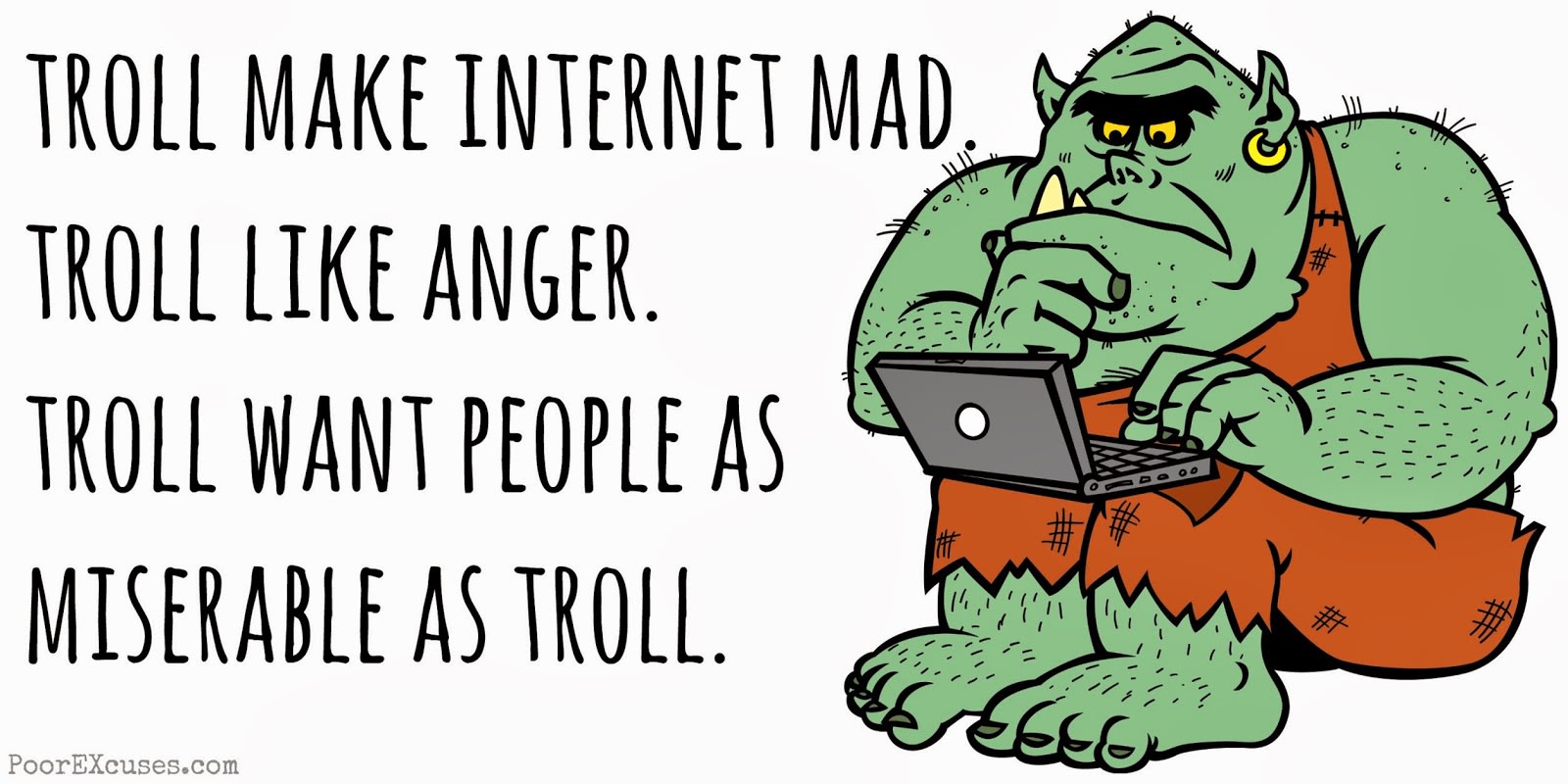The implication is clear: if you don't unquestioningly agree with offended people, you don't care about the pain of other people. You either agree or you're part of the problem.
It ignores the possibility that, some of us at least, do care about other people, but either think some of the assumptions that lead to being offended are erroneous and based on one-sided interpretation, and/or don't think that the suggested course of action will lead to a positive result.
This is extremely well put and I'd urge that you or others act on this post to write-up a petition that reflects this sentiment, including its nuance and respect, and articulate a counter-position that's worth our time. For, all the petitions we've seen so far this week are simply too stupid to be believed. I already quoted Venger Satanis's above, and here then is the lastest version (
Source):
Wizards of the Coast recently added a disclaimer on all of its "Legacy Products", including all of the previous games published by TSR inc. declaring that those products were supportive of racial, ethnic, and gender based prejudice and stereotypes. The exact statement is below:
"We (Wizards) recognize that some of the legacy content available on this website does not reflect the values of the Dungeons & Dragons franchise today. Some older content may reflect ethnic, racial, and gender prejudice that were commonplace in American society at that time. These depictions were wrong then and are wrong today. This content is presented as it was originally created, because to do otherwise would be the same as claiming these prejudices never existed. Dungeons & Dragons teaches that diversity is a strength, and we strive to make our D&D products as welcoming and inclusive as possible. This part of our work will never end" .
This disclaimer makes a statement of fact argument, and therefore paints all of the writers, editors, artists and consumers of those products as supporting those prejudices, stereotypes and bigotry. This statement by Wizards of the Coast opens the possibility for the players of these "Legacy Products" to face ridicule, and face the labeling as "bigot", "racists", "misogynist", and worse.
It is with that concern in mind that those that sign this petition request that the disclaimer statement be removed. Secondly, that an apology be issued to the previous employees of the company, or companies that produced those products. Finally, an apology be made to the to the "Legacy Consumers and Players" who have been supporting the Dungeons & Dragons franchise for over 40 years.
Bolding in original. I re-bold it because the content/author distinction which the petition makes a point of underlining is completely missed by it.
Now, this is somewhat less idiotic than the last version, since it removed the peripheral name-calling. But make no mistake, at heart it's the same old shtick of confusing the content and authorial levels.
This petition, like the last one, makes the classical fallacy of the intentionalist prejudice. Per the intentionalist prejudice, if a work of art - say, a Riefenstahl movie or a drama by the Marquis de Sade - is characterized as glorifying certain causes or actions (racism, the debasing of women), then ipso faco the author who produced that content must, at the sheer level of autobiography, be a racist or sexist. Not only is this is logically invalid - there's at least one if not several missing premises here - it's also historically false. Riefenstahl was instrumentalizing the causes she depicted for personal gain--no small feat for a female film-maker in her day--as opposed to being unwittingly co-opted by them; historians to this day debate the nature of her personal convictions. De Sade used his vignettes to illustrate the power politics of his day (pre- and post-1789), and was equally critical of all participants involved, regardless of gender.
Here's the point. You
can both say that certain works of art are racist or sexist at the content level, and advise caution in their reception, while not slandering their authors or consumers with those epithets. For, as everyone knows, you only become full-on sexist or racist if you espouse those views at the personal, intentional level. And nothing of the kind is insinuated by a disclaimer
about content.
This isn't anything new--we've seen content disclaimers on adult fiction and VHS tapes for decades--and to pretend otherwise is quite the feat of cognitive dissonance.
Hence, to harp on about how "insulting" the disclaimer is to authors of old and fans of now is spectacularly stupid. It replicates the exact "outrage brigade" knee jerk reaction that the same persons signing this petition laugh at when they see it engaged elsewhere. What repels me morally about the petition is not its idiocy but its hypocrisy.








